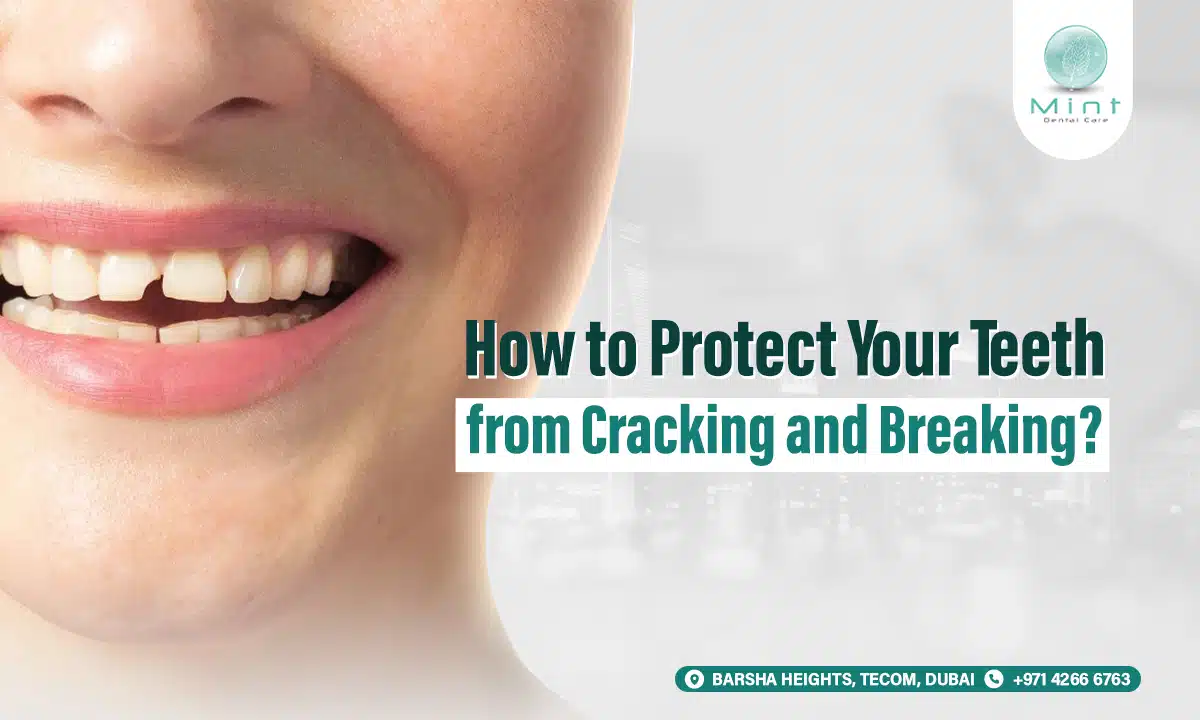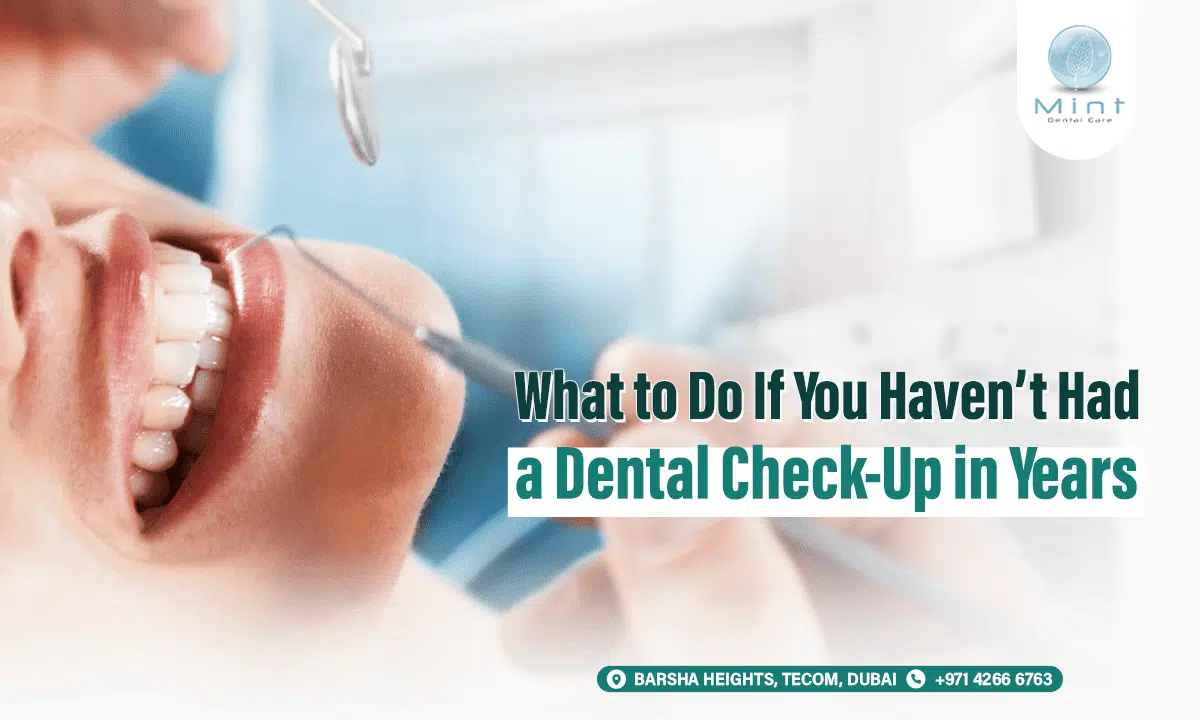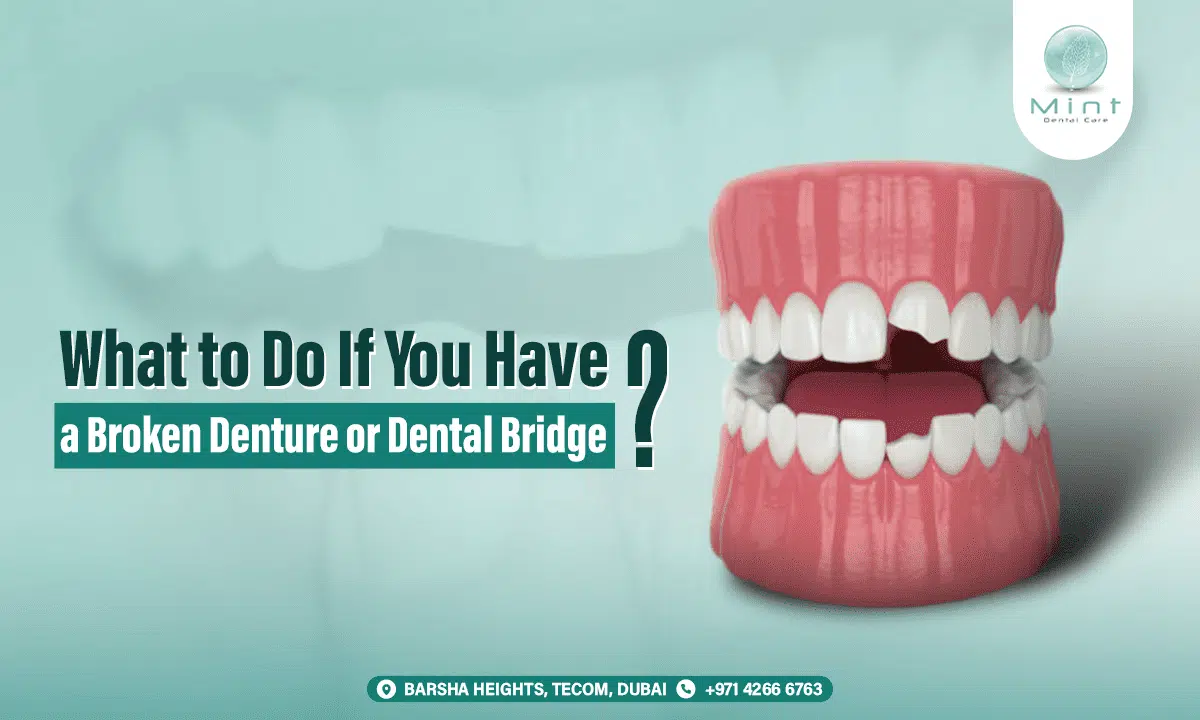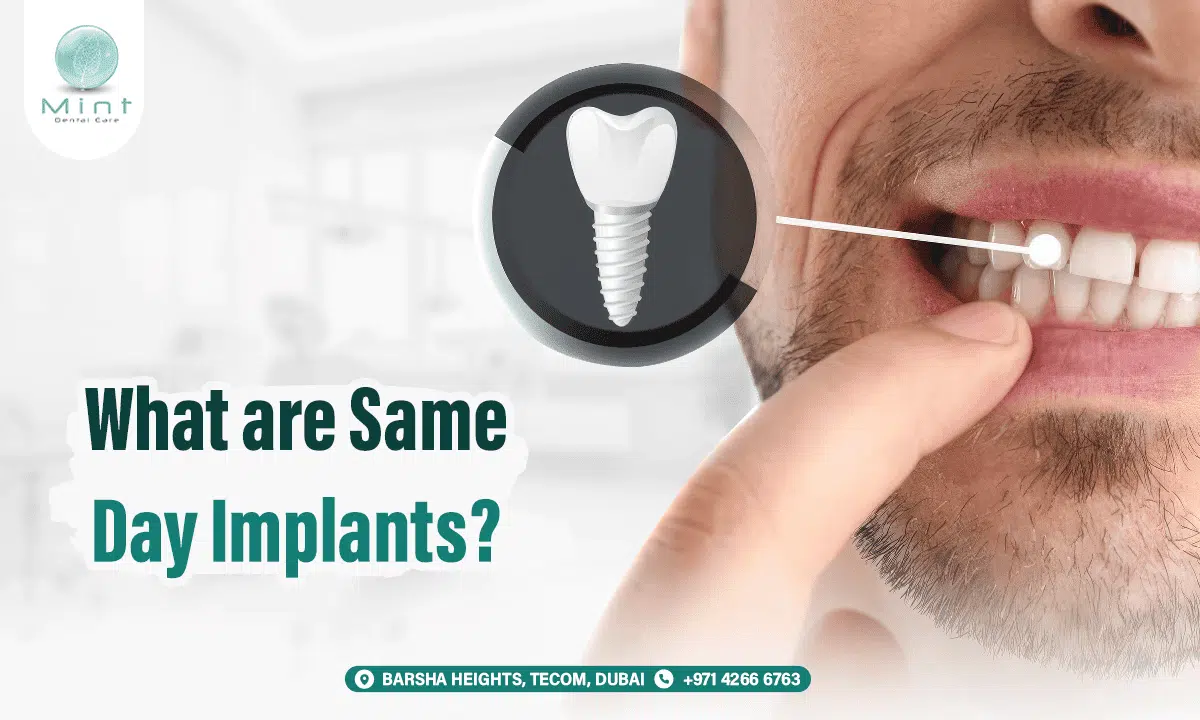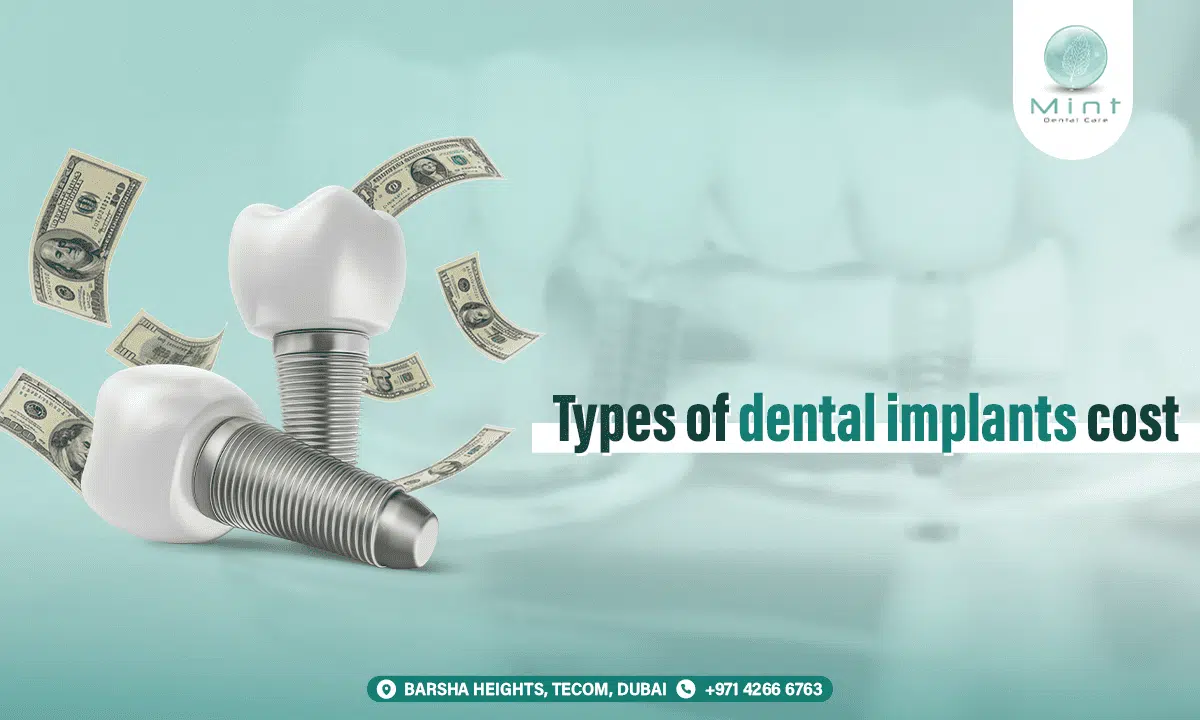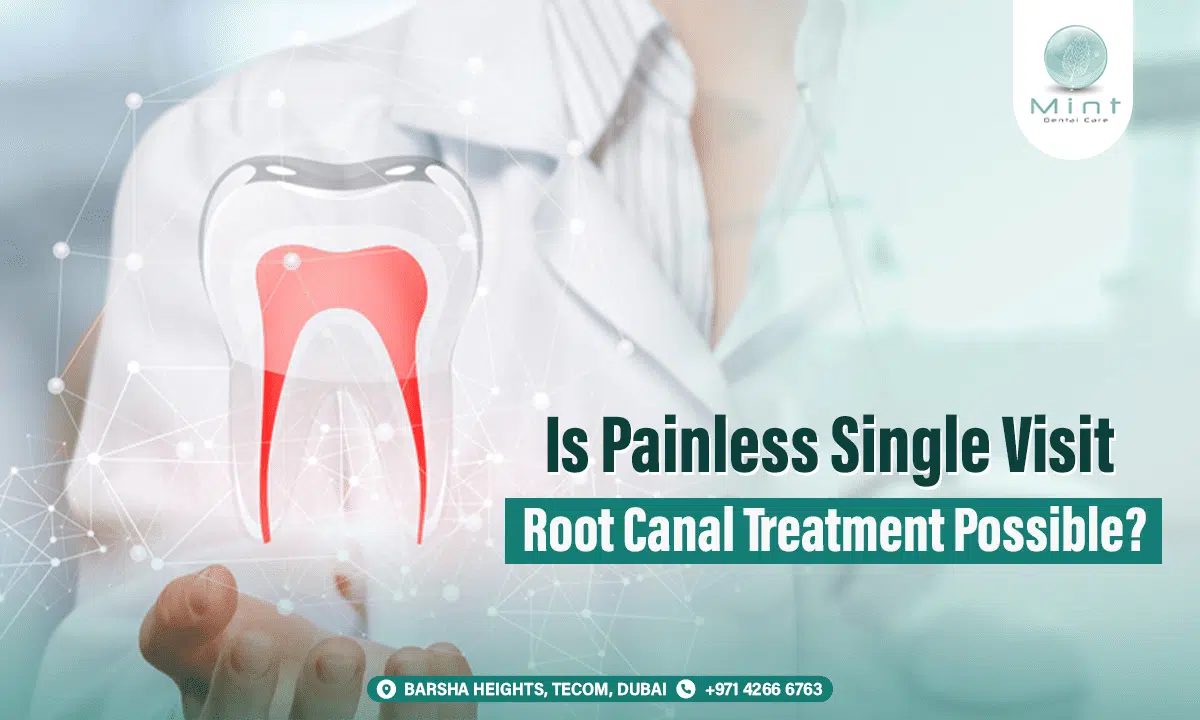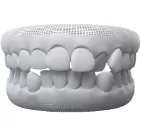Your teeth are essential for eating, speaking, and maintaining a confident smile. Despite their strength, teeth are not invincible. Cracks and breaks can occur due to various factors such as poor oral hygiene, dietary habits, or physical trauma. Protecting your teeth is crucial to avoid pain, expensive treatments, and long-term damage. This guide explores the causes of tooth damage and provides practical solutions to keep your teeth healthy and intact.
Understanding Why Teeth Crack or Break
Teeth are naturally strong, but they are not indestructible. Cracks and breaks often occur due to excessive pressure, accidents, or gradual wear over time. Chewing hard substances like ice or unpopped popcorn kernels can put undue stress on your teeth, leading to fractures. Additionally, conditions like bruxism, where you grind your teeth at night, can wear down enamel, making teeth more vulnerable to cracks. Weak enamel caused by cavities or erosion can also increase the risk of breakage.
How to Prevent Cracks and Breaks
Preventing tooth damage requires a combination of good oral hygiene, mindful habits, and professional care.
1. Practice Good Oral Hygiene
Brush your teeth twice a day using fluoride toothpaste to strengthen enamel. Floss daily to remove debris between teeth and prevent decay, which weakens tooth structure. Using an antimicrobial mouthwash can further reduce bacteria and keep your teeth healthy.
2. Avoid Risky Habits
Avoid chewing on hard objects like ice or pens, and refrain from using your teeth to open packages. These habits exert unnecessary force on your teeth, increasing the likelihood of cracks or chips.
3. Wear Protective Gear
If you play contact sports, wearing a mouthguard can shield your teeth from sudden impacts. Similarly, if you grind your teeth at night, a night guard can prevent damage from clenching and grinding.
Dietary Adjustments for Stronger Teeth
Your diet plays a significant role in keeping your teeth strong. Consuming foods rich in calcium and phosphorus, such as dairy products, nuts, and leafy greens, helps fortify enamel. Vitamin D is also essential for calcium absorption, and you can find it in fish, eggs, and fortified foods. Conversely, limit sugary and acidic foods, as they can erode enamel and weaken teeth over time.
Crunchy fruits and vegetables like apples and carrots are excellent choices for cleaning teeth naturally. These foods stimulate saliva production, which helps wash away food particles and bacteria that can lead to decay and eventual breakage.
Managing Bruxism to Prevent Damage
Bruxism, or teeth grinding, is a common cause of cracked teeth. Many people grind their teeth unknowingly during sleep, exerting significant pressure on their teeth. Wearing a custom-made night guard can protect your teeth from damage. Additionally, stress-relief techniques such as meditation and yoga can help reduce nighttime grinding. Avoiding stimulants like caffeine and alcohol before bed can also minimize the risk of bruxism.
What to Do If a Tooth Cracks or Breaks
Even with the best precautions, accidents can happen. If you crack or break a tooth, rinse your mouth with warm water to clean the area. Applying a cold compress to the outside of your jaw can reduce swelling. Cover sharp edges with dental wax to protect your tongue and gums, and schedule an appointment with your dentist immediately.
Dental treatments for cracked or broken teeth include bonding for minor damage, crowns for extensive cracks, and root canals if the crack reaches the tooth’s pulp. In severe cases, extraction and replacement with a dental implant may be necessary.
Conclusion
Protecting your teeth from cracking and breaking requires consistent care, mindful habits, and regular dental checkups. By understanding the causes of tooth damage and adopting preventative measures, you can maintain a strong and healthy smile. If you experience tooth pain or suspect a crack, consult your dentist promptly to address the issue before it worsens. Taking these steps ensures that your teeth remain functional and beautiful for years to come.
